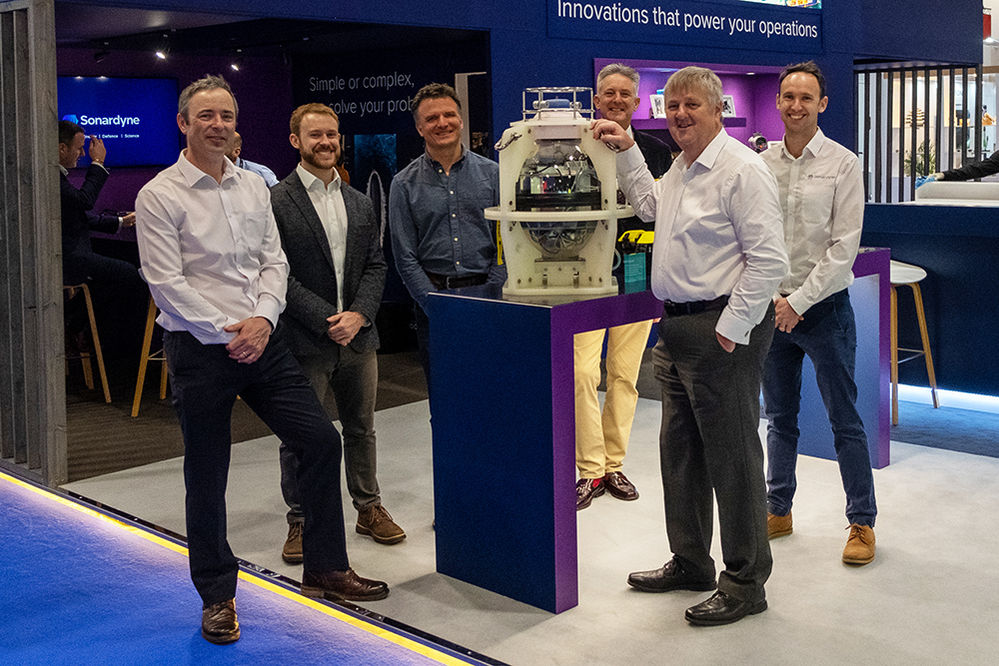The University of Plymouth and marine technology company Sonardyne have agreed on a strategic partnership to drive innovation within the UK’s growing marine robotic and autonomous systems sector.
The partnership will advance ocean data gathering technologies and platforms by leveraging the University’s academic resources and research facilities, Sonardyne’s acoustic and inertial navigation technologies, and the marine test area Smart Sound Plymouth.
Under the new agreement, the partners will work together to evaluate and develop emerging technologies on the university’s fleet of crewed and uncrewed surface and underwater platforms, all underpinned by a suite of Sonardyne’s technologies.
This will include testing and evaluation onboard uncrewed systems loaned to the University by the Royal Navy, to support its research and development around maritime autonomous systems capabilities, the partners said.
The partnership will also help establish closer working relationships between the University and Sonardyne, including enabling undergraduate and postgraduate students to participate in the testing of cutting-edge equipment, as well as highlighting future career opportunities.
The initial three-year collaboration will also explore funding opportunities for joint research in areas of mutual interest, including offshore renewable energy, ocean exploration, hydrography, ropeless fishing, and defense.
Kevin Forshaw, director of industrial and strategic partnerships at the University of Plymouth, said: “This new partnership will allow us both to push the boundaries of new technological development for remote and sustained ocean observation. It also ensures Plymouth remains at the forefront of driving innovation in high-growth market applications for the rapidly growing global ocean economy.”
Geraint West, head of science at Sonardyne, added: “Throughout the years, we’ve valued our role in supporting and collaborating with academia, so we’re delighted to be deepening our relationship with the University of Plymouth and in turn supporting the UK’s maritime autonomous cluster in this area.”
Source: Offshore Energy





